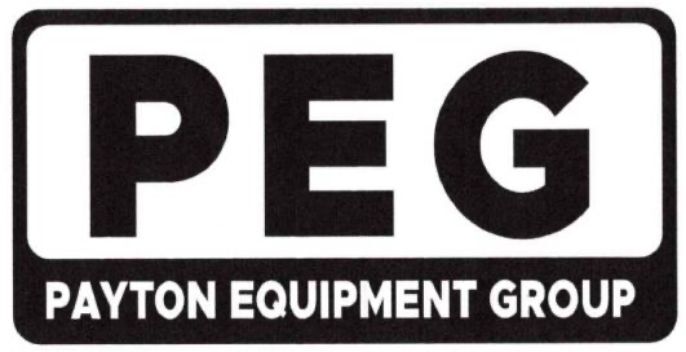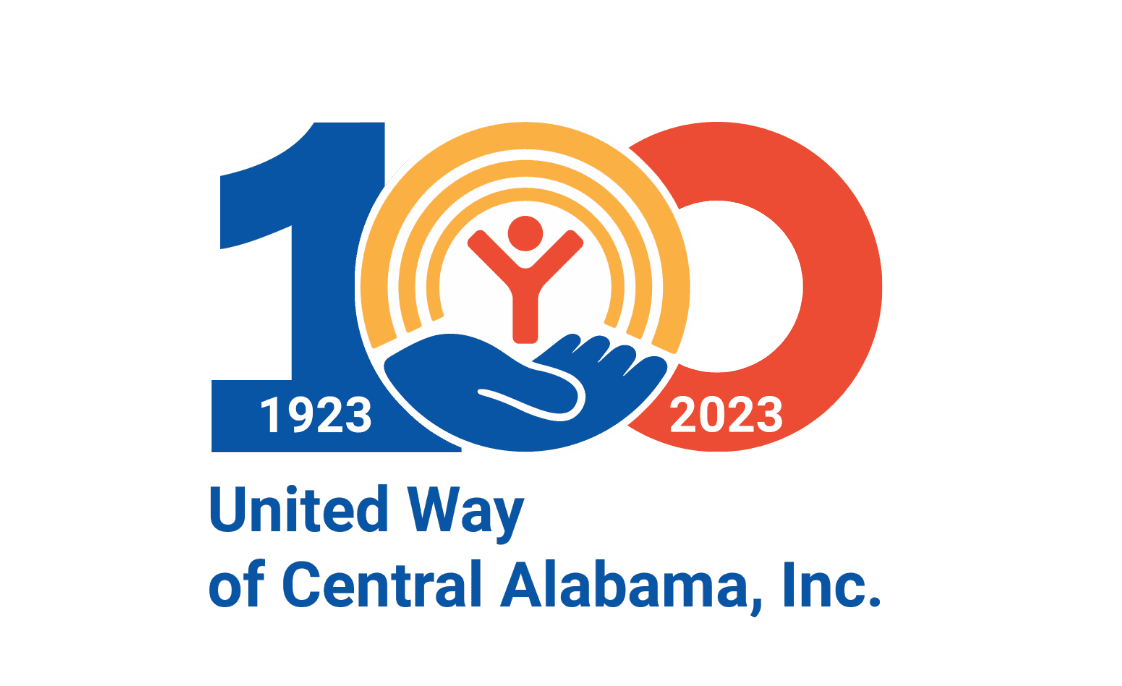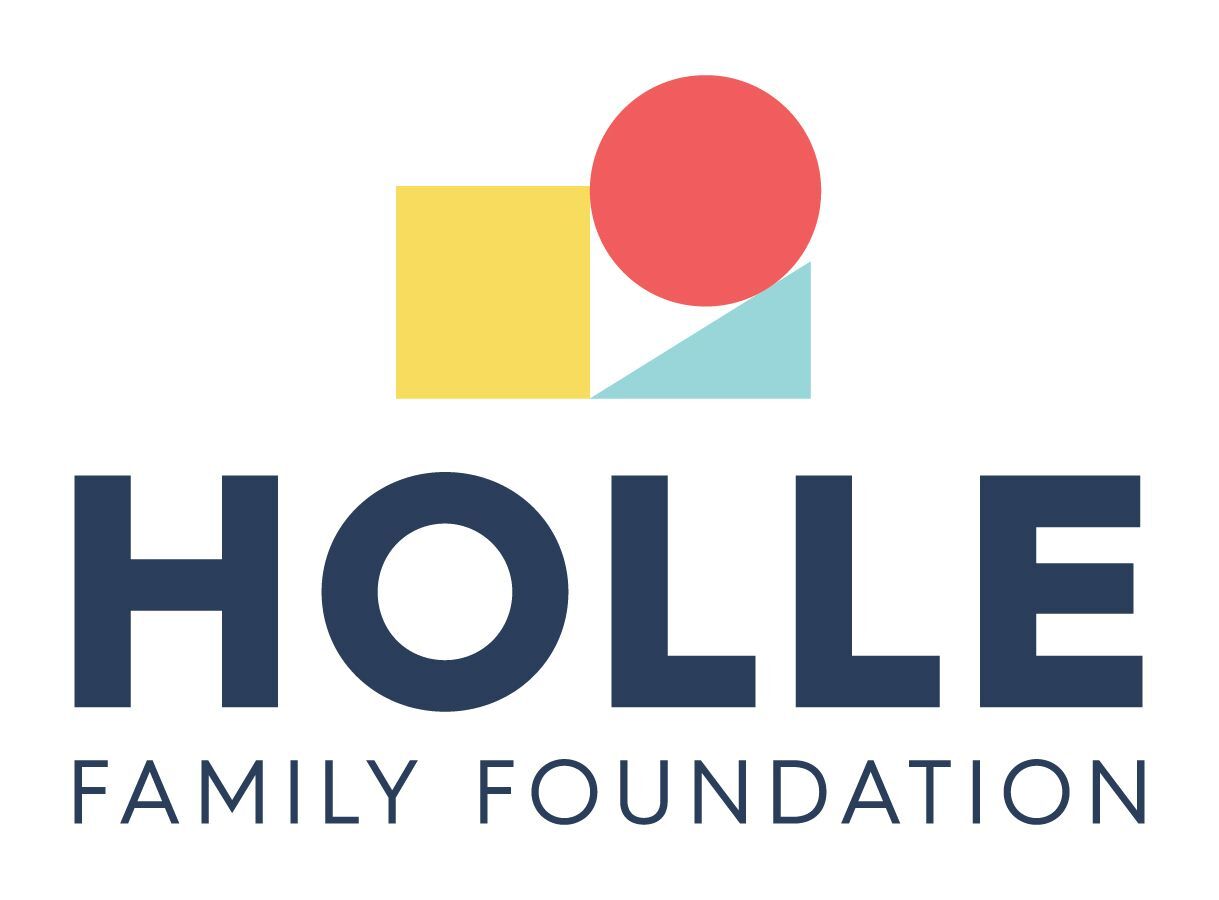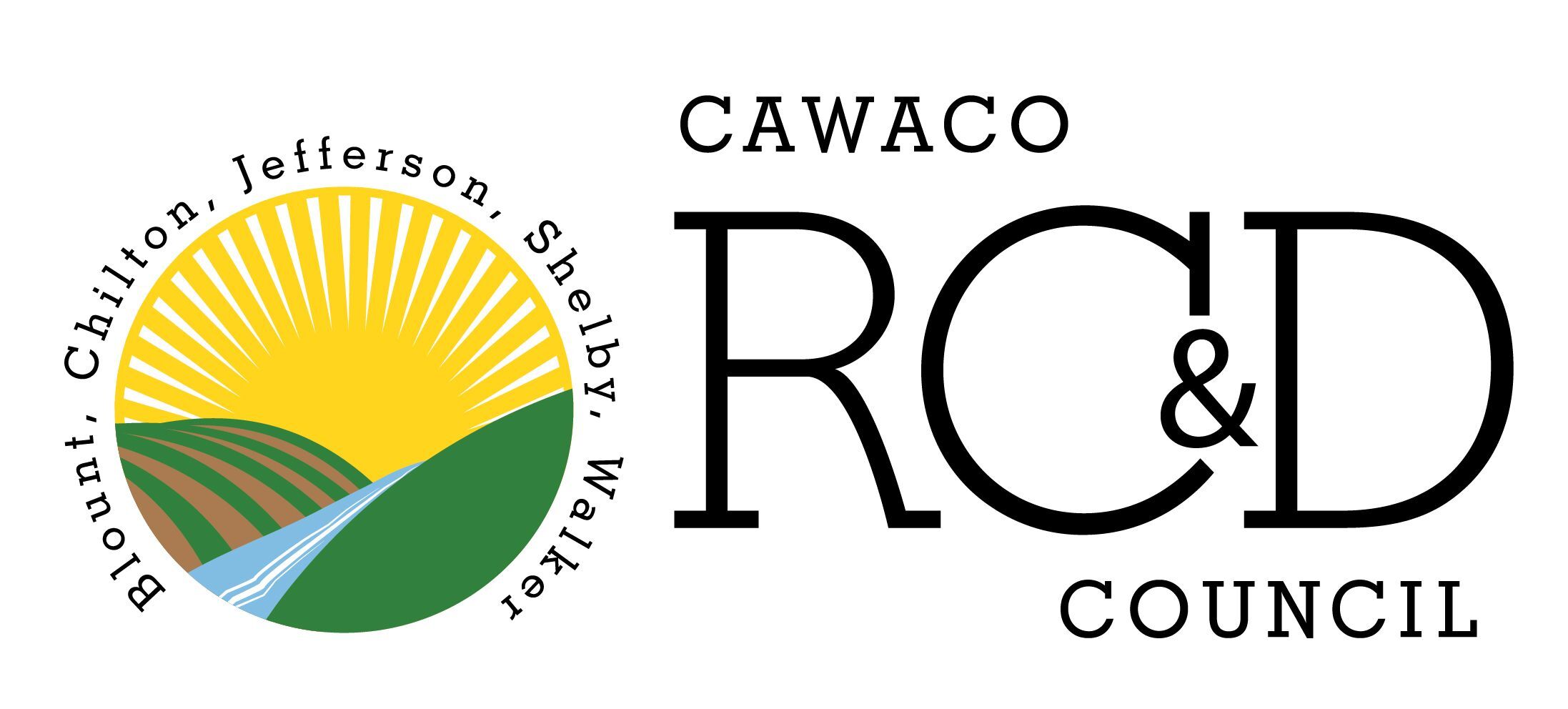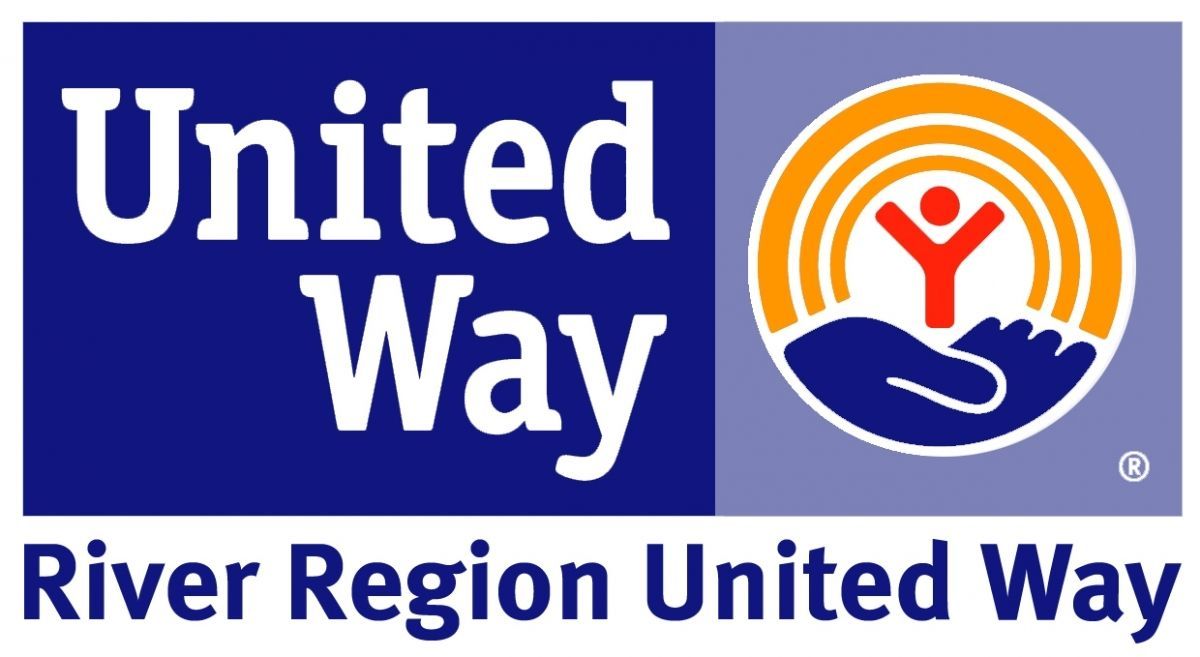What happens at the CAC?
WHAT DO I TELL MY CHILD ABOUT THE CHILDREN’S ADVOCACY CENTER?
This section is a parent's guide to a child abuse investigation.
- What happens at the Children’s Advocacy Center (CAC)?
- What do I tell my child about the CAC interview?
- Who will my child talk to?
- Can I watch the interview?
- Will my child need a medical exam?
- Can I talk to my child about what happened?
- What happens after the interview?
- Should I get counseling for my child?
-
What happens at the Children’s Advocacy Center (CAC)?
The CAC is a child-friendly interview center with locations in Clanton, Prattville, and Wetumpka. Children of all ages come to the CAC to speak with specially trained interviewers about alle- gations of child abuse. The CAC process involves a team of professionals from multiple agencies such as law enforce- ment, department of human resources, mental health, etc. When you arrive, you will wait in the family waiting room. This room has a TV, books, and toys. A separate interview room is designed to make your child feel comfortable. The room has a video camera located in the ceiling that is very inconspicuous.
-
What do I tell my child about the CAC interview?
You might tell your child, “You and I are going to go to the Children’s Advocacy Center. It is a special place where kids go to talk. The person you will be talking to talks to lots of kids about what happens tot hem. They need to know everything that you remember so that we can make sure you are safe and okay. It is important that you tell the truth and only talk about what really happened. It is okay for you to talk to them. YOU ARE NOT IN ANY TROUBLE.”
-
Who will my child talk to?
Your child will talk to a Forensic Interviewer. The Interviewer has special training and experience in talking with children about difficult subjects. The Interviewer’s goal is to make your child feel as comfortable as possible while gathering the necessary information for an investigation. Questions are asked in a nonthreatening and non-leading manner. The Interviewer moves at a pace that is comfortable with your child and never forces a child to talk to them.
-
Can I watch the interview?
No. Only those people who are directly involved in the investigation are allowed to observe the interview. This is done to reduce the possible stress that can be placed on a child and to provide a neutral setting for the child and the investigation. Please bring a support person to wait with you during this time. If you bring more than one child, they will stay with you at all times during the interview. Before and after the interview, you will have an opportunity to discuss any questions or concerns with the investigative team members. If you need support from CAC staff during the interview, that can be arranged.
-
Will my child need a medical exam?
The investigative team members will decide if your child needs a medical exam. If one is needed, an investigative team member will assist you in contacting a specialized medical facility with specialized medical doctors and nurses to set an appointment. You might tell your child, “We are going to see a doctor who takes care of kids. You will not get any shots. The doctor is not going to hurt you. She just needs to make sure that your body is okay.” When the examination is over, the doctor will be able to tell you in general terms what she learned.
-
Can I talk to my child about what happened?
No, not unless your child brings up the subject and wants to talk about it. In that case, listen to your child without commenting or questioning. Be sure to reassure your child that he/she will be all right. If your child tells you something that alarms or upsets you, contact the CAC staff or the Department of Human Resources.
-
What happens after the interview?
You will be able to talk to a member of the investigative team. They will tell you in general terms what they learned from the interview. You will have the opportunity to ask questions and voice your concerns. When the team is finished with their investigation, they will send the reports to the District Attorney’s office. The District Attorney will decide whether or not to prosecute, not the child or parent. Your child may have to go to court to testify. If this happens, the CAC Advocate and/or victim’s service officer at the District Attorney’s Office will meet with your child to prepare them.
-
Should I get counseling for my child?
Yes. Children may be uncomfortable discussing the abuse with their parents because of shame or guilt. Children dislike seeing their parents upset or angry. Therefore, they may try to protect their parents by not telling them about the abuse. Children may interpret a parent’s negative emotions with the situation as negative feelings toward the child. Reassure your child that you are not upset with them, rather that you are upset with the situation. For the above reasons, it is important to give your child to opportunity to talk with a professional. Children have different needs that must be addressed from the incident to recovery. Should negative emotions and reactions to the abuse remain untreated, or if the child cannot properly express dis- comfort, a child will only experience greater suffering and trauma. Mental health therapists can apply their special training, knowledge, and experience to help ensure that your child recovers as quickly as possible. Family counseling is also a valuable tool in the road to recovery. Allowing your child to talk to a professional child therapist is a posi- tive step toward healing. The CAC staff will discuss this with you.
















